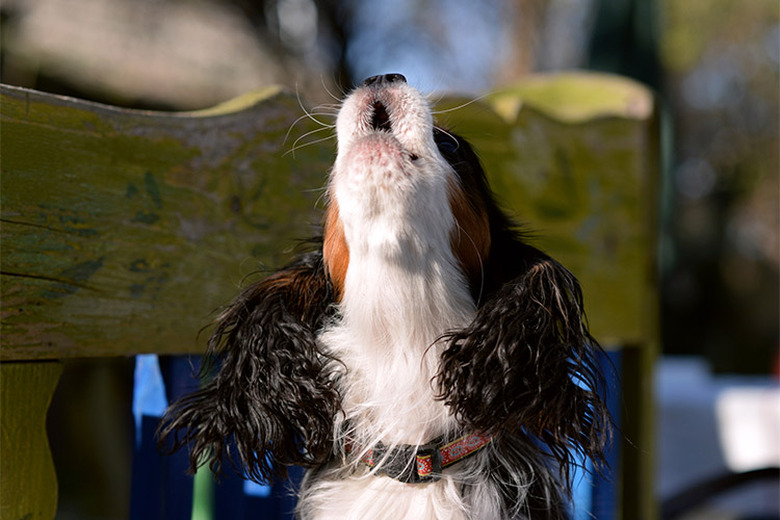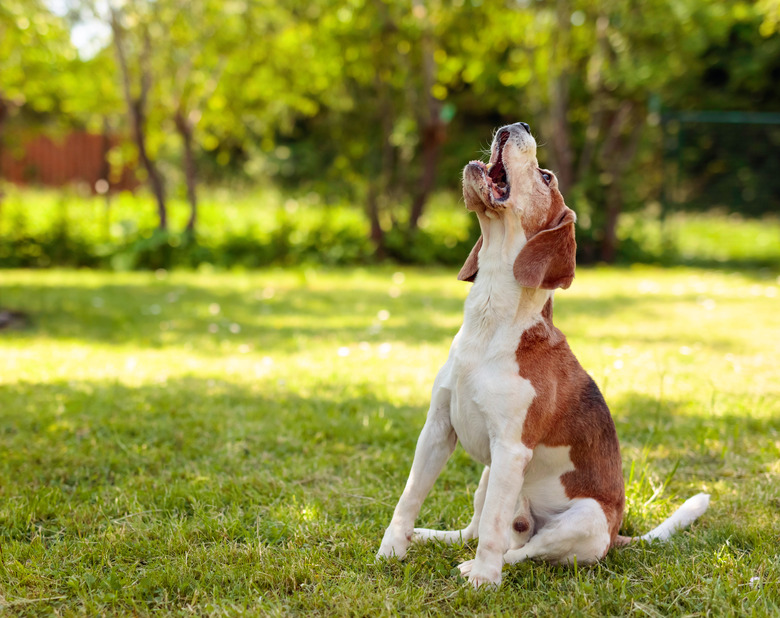How To Stop My Dog From Howling When I Leave
If your dog howls each time you leave your house, your neighbors are most likely not happy campers. Your pet companion misses you and probably suffers from separation anxiety. You might come home to find the furniture damaged and smelly, wet surprises on the floor because separation anxiety often goes paw in paw with destructive and inappropriate behavior.
To avoid this, train your dog to be home alone calmly. When done correctly, his anxiety level will reduce, and you won't come home to find your house soiled and destroyed.
Dog howling when you leave
Dog howling when you leave
Some dogs suffer from separation anxiety and howl when you leave because they are calling for you to come back. They become so stressed that they vocalize continuously due to your absence. Typically, dogs with separation anxiety breeds include those who become very attached to their owners, like Labrador retrievers, German shepherds, Jack Russell terriers, border collies, and toy poodles.
While howling when you leave is a sign that your dog is experiencing separation anxiety, excessive howling could also be the result of a medical condition. So, bring your dog to a veterinarian to have him examined and make sure it's not an injury or illness that's causing him to howl.
Exercise your dog before you leave
Exercise your dog before you leave
Spend time with your pet companion before you leave the house. Take her outside, play, and run with her. Be sure to give her a good workout for around 30 minutes every day. Exercise can help relax her and ensure that she rests while you're away instead of constantly howling.
You'll also want to give your dog a good mental workout as well. This is especially good for elderly dogs and young puppies who won't be able to exercise as vigorously as adults. Try trick training or teach your dog some basic manners, including the "sit," "stay," and "leave it" commands.
Keep your dog busy
Keep your dog busy
Let's face it — if you didn't have your smartphone or a good book to keep you busy while you were left alone, you'd probably go a little stir crazy too. That's why it's a good idea to keep your dog occupied with some calming classical music along with several of his favorite toys and treats.
Give your dog chew toys or a food-stuffed puzzle toy a little while before you leave the house. This will keep him distracted when you leave. If your dog's separation anxiety is mild, she will continue playing with them instead of howling after you leave. If your dog continues howling, adding a calming dog pheromone diffuser to the routine might help.
Desensitize your dog to departures
Desensitize your dog to departures
Go through the usual motions that you do just before you leave. For example, put on your jacket, pick up your keys, and head for the door. Instead of leaving the house, come back and watch television or read a book if your pet companion whines and paces each time you prepare to leave the house. Consistently do this a few times a day and with repetition, your dog won't associate your preparatory actions with you leaving the house, and she'll stay calm when you get ready to leave.
Acclimate your dog to solitude
Acclimate your dog to solitude
Go through the motions of preparing to leave. For example, pick up your keys and tell your dog to "sit" and "stay" on the outside of the bathroom door while you go into the bathroom and close the door behind you. Wait one to two seconds, open the door, greet your dog, and wait for him to calm down.
Repeat this exercise and gradually increase the time that you're behind the closed door. Do this exercise with the bedroom door, the back door, and eventually the front door. When you close the door for a longer period of time, give your pet companion a food-stuffed puzzle toy to keep him occupied. Once your dog can be alone for 90 minutes, you can comfortably leave the house for up to eight hours.
References
- The American Society for the Prevention of Cruelty to Animals: Separation Anxiety
- American Kennel Club: Dog Separation Anxiety: Causes, Prevention, and How to Stop
- Adaptil: How to Leave Your Dog Home Alone
- VCA Hospitals: Separation Anxiety in Dogs
- BarkPost: Can Dog Toys Reduce Anxiety?
- Country Living: 10 Dog Breeds Most Likely to Suffer from Separation Anxiety

